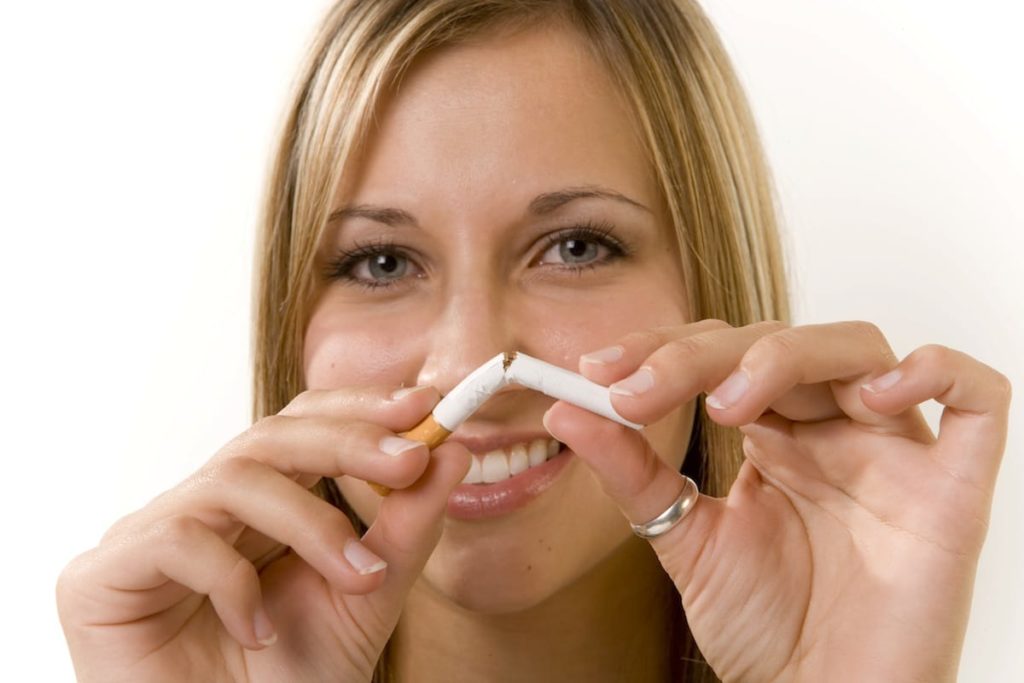In troubling news out of Tennessee, two teenage boys have died after consuming a concoction of Mountain Dew and racing fuel known as “dewshine,” while two other youths got sick after ingesting the poisonous substance. The homemade cocktail is being used by teens to get drunk quickly and on the cheap, but contains methanol, which can lead to blindness and death. A form of alcohol intended for industrial and automotive uses, methanol is highly dangerous. Just 2 to 8 ounces can be deadly for adults, while a child can be killed by 2 tablespoons, according to the National Institutes of Health. These are the first known cases of dewshine poisoning in Tennessee, but health officials in Georgia are expressing concern that youths there may also try the drink. “Just because we haven’t gotten [reports] about it doesn’t mean the phenomenon isn’t going on down here,” Dr. Gaylord Lopez, director of Atlanta’s Poison Control Center, told cbs46 in Atlanta. Officials say they aren’t sure how widespread the practice of abusing methanol has become but that typically people don’t come up with a name for something if it isn’t becoming common practice. Combining soda with racing fuel is an incredibly bad idea. The concoction can cause vomiting, diarrhea, seizures, blindness, coma and, as we’ve seen, death, depending on how much methanol is consumed.
Teenagers Prone to Risky Behavior
For parents, keeping teenagers free from the scourge of drug and alcohol abuse is among the most difficult challenges they face. Even behaviors that don’t involve substance use, such as the seemingly harmless “duct tape challenge,” can cause life-threatening injury. Adolescents take more risks than younger children and adults — think dangerous driving, drug use, binge drinking and risky sexual behavior — and have double the risk of dying compared to preteens. An exasperated “What were you thinking?” has surely come out of the mouth of every parent of a teenager at some point. Just what is it that causes our otherwise bright, savvy kids to throw caution to the wind and take such incredible risks with their health and safety? Advances in brain mapping give us some answers. Scientists once thought that the human brain was fully mature by about age 10 or 12, but we now know that the prefrontal cortex, the area right behind the forehead, doesn’t mature until about age 25, and its connections to other parts of the brain continue to improve until at least that age. The immaturity of this part of the brain helps explain why teenagers do the things they do. Often dubbed the CEO of brain, the prefrontal cortex is involved in a whole range of things, like forming judgments, making decisions, planning for the future, controlling emotions and stopping us from doing really stupid things like drinking dewshine. And because their brains are still a work in progress, teenagers who abuse drugs and alcohol suffer not only from such short-term consequences as memory problems and impaired learning, they also put themselves at risk for changes in brain chemistry that can have lifelong consequences.
Teen Drug Use Trends
Although overall drug use among adolescents has generally been unchanged in recent years, marijuana use remains high, according to the 2015 Monitoring the Future Study from the University of Michigan. Researchers have found for the first time that more high school seniors smoke marijuana than tobacco cigarettes on a daily basis. Even more worrisome is the abuse of prescription opioids such as Vicodin, OxyContin and Percocet, a dangerous trend among youths that can lead them to the cheaper, more readily available and even more deadly drug heroin. Other teen drug trends parents should be aware of include the use of synthetic marijuana, MDMA (also known as Molly), inhalants, cough syrup and dabs, an extraction of marijuana sometimes called honey oil, budder, shatter or wax.
What Should Parents Do?
It’s no secret that people who begin experimenting with drugs and alcohol at a young age are more likely to develop substance abuse problems as adults. If you believe your teen is using drugs or alcohol, talk with him or her early and often. It must be an ongoing conversation. Research shows that youths who hear the facts about substance abuse from their parents are far less likely to experiment with drugs and alcohol. If you find out that your child has a drug or alcohol problem, it’s key to take him or her to see a therapist who specializes in working with teenagers and young adults or to explore other treatment options for substance abuse. “This issue is too serious for subtlety,” John Duffy, a clinical psychologist, told PsychCentral. Duffy suggested that parents have a conversation such as this with their child: “It is clear to us that you have been using something, and we are really concerned for your safety. As your safety is our domain as Mom and Dad, we are going to pull rank here and schedule an appointment with someone for you, and all of us, to talk to about this issue.” The sooner you address the problem with your teen, the better the outcome. Meanwhile, a Go Fund Me page has been set up to raise money for a drug and alcohol program at the high school the two young dewshine victims had attended. By Laura Nott Sources:
- “Methanol poisoning,” National Institutes of Health (NIH)
- “Doctors sound the alarm on deadly soda concoction,” cbs46 in Atlanta, Jan 27, 2016
- “Teen recovering from horrific ‘duct tape challenge’ injury,” USA TODAY Network, January 27, 2016
- “Monitoring the Future National Survey Results on Drug Use 1975–2015,” monitoringthefuture.org/pubs/monographs/mtf-overview2015.pdf
- “How to Talk to Your Kids When You Think They’re Using Drugs,” PsychCentral.com, Margarita Tartakovsky, M.S.






